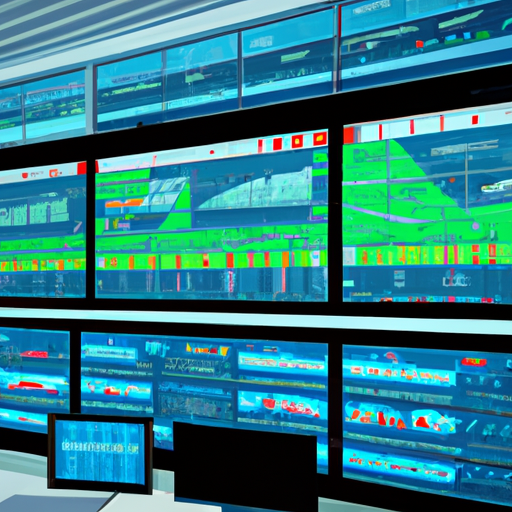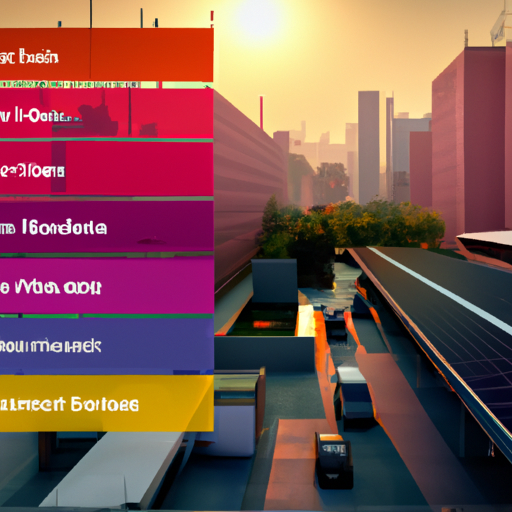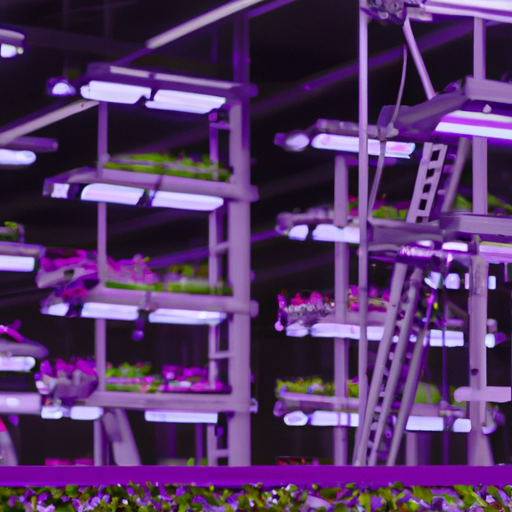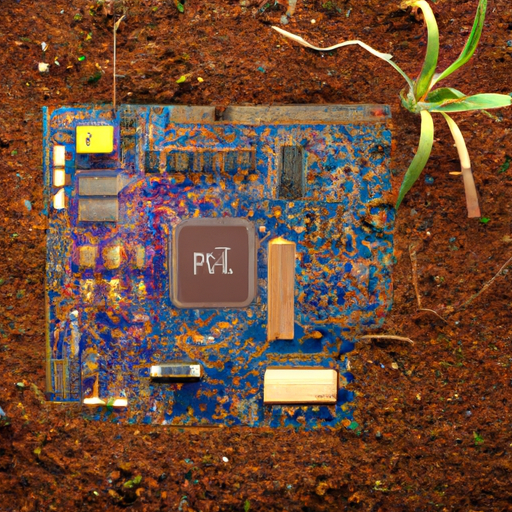Smart cities are revolutionizing urban sustainability through integrated IoT systems and renewable energy solutions. Advanced sensors and AI are optimizing everything from traffic flow to energy consumption in real-time. These innovations are creating more livable, efficient, and environmentally conscious urban spaces.

The concept of smart cities has evolved from a futuristic vision to a present-day reality, driven by the convergence of Internet of Things (IoT) technology and renewable energy systems. This integration is transforming urban environments into more sustainable, efficient, and livable spaces for millions of people worldwide.
At the heart of smart city infrastructure is a vast network of interconnected sensors and devices that continuously collect and analyze data. These systems monitor everything from air quality and noise levels to energy consumption and traffic patterns, providing real-time insights that enable better resource management and decision-making.
One of the most significant applications of smart city technology is in energy management. Advanced smart grids incorporate renewable energy sources like solar and wind power, using AI-driven systems to balance supply and demand in real-time. This dynamic approach allows cities to maximize the use of clean energy while minimizing waste and reducing reliance on fossil fuels.
Transportation is another crucial area where smart city technology is making a substantial impact. Intelligent traffic management systems use sensor data and predictive analytics to optimize traffic flow, reducing congestion and emissions. Electric vehicle charging networks are being integrated with renewable energy sources, creating a more sustainable transportation ecosystem.
Building management systems in smart cities are becoming increasingly sophisticated. Smart buildings use sensors to monitor occupancy, temperature, and lighting levels, automatically adjusting systems to minimize energy consumption while maintaining comfort. Some buildings even generate their own power through integrated solar panels and store excess energy in advanced battery systems.
Waste management in smart cities is being revolutionized through IoT technology. Smart bins equipped with sensors monitor fill levels and optimize collection routes, reducing the number of garbage truck trips needed. Some cities are implementing automated waste sorting systems that improve recycling rates and reduce landfill usage.
Water management systems are becoming more efficient through the implementation of smart meters and leak detection systems. These technologies can identify problems in real-time, reducing water waste and enabling more effective conservation measures. Some cities are also implementing smart irrigation systems that use weather data and soil moisture sensors to optimize water usage in public spaces.
Public safety and emergency response capabilities are enhanced through integrated monitoring systems. Environmental sensors can detect potential hazards like flooding or air pollution, while smart lighting systems improve security and reduce energy consumption. Emergency response times are improved through real-time data analysis and automated alert systems.
Citizen engagement is a crucial aspect of smart city development. Mobile applications and digital platforms allow residents to report issues, access services, and participate in urban planning decisions. This two-way communication helps cities better understand and respond to community needs while promoting sustainable behaviors.
The economic benefits of smart city technologies are significant. Energy efficiency improvements and better resource management lead to cost savings, while new business opportunities emerge in areas like clean technology and data analytics. The integration of renewable energy systems creates local jobs and promotes energy independence.
However, implementing smart city solutions also presents challenges. Cities must address concerns about data privacy and security while ensuring that technological benefits are distributed equitably across all communities. Infrastructure upgrades require significant investment, and systems must be designed for long-term sustainability and adaptability.
Looking ahead, the potential for smart city innovation continues to expand. Emerging technologies like 5G networks and edge computing will enable even more sophisticated applications. Cities are increasingly sharing best practices and lessons learned, accelerating the adoption of successful solutions worldwide.
The integration of IoT and renewable energy in smart cities represents a crucial step toward urban sustainability. As these technologies continue to evolve and become more accessible, they will play an increasingly important role in addressing climate change and creating more resilient, sustainable communities for future generations.



